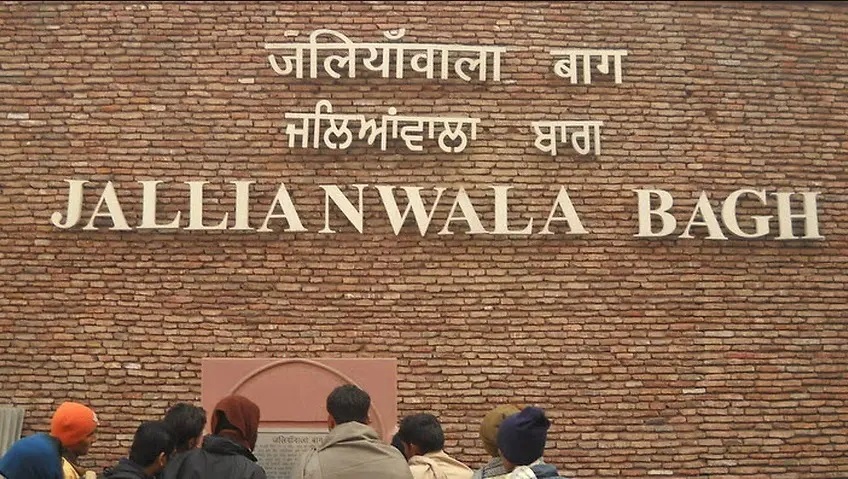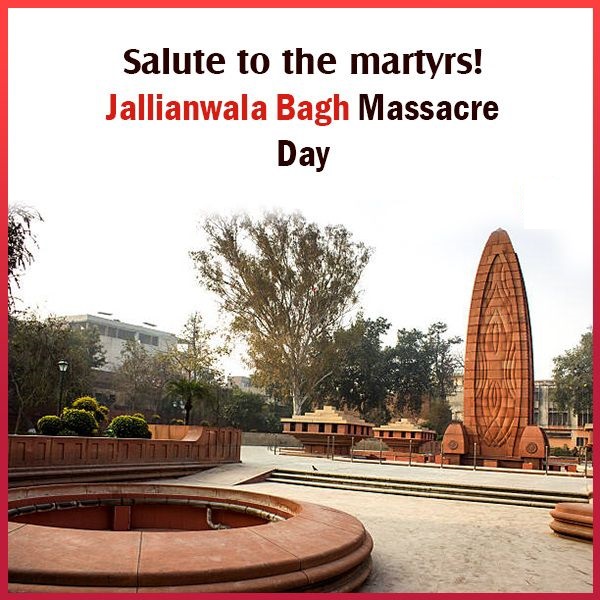During the early 20th century, India was witnessing a growing
demand for independence from British rule. As part of the non-violent civil
disobedience movement, people from all walks of life were coming together to
protest against the oppressive Rowlatt Act of 1919, which allowed the British
government to imprison Indians without trial.
On April 13, 1919, thousands of people gathered at the
Jallianwala Bagh, a public garden in Amritsar, to peacefully protest against
the Rowlatt Act and demand the release of two prominent leaders, Dr. Satyapal
and Dr. Saifuddin Kitchlew, who had been arrested. The atmosphere was charged
with patriotic fervor and a desire for freedom.
The Massacre
In a shocking display of brutality, Brigadier General
Reginald Dyer, the British officer in charge, ordered his troops to open fire on
the unarmed crowd without warning. The garden had only a narrow entrance, and
the people were trapped, unable to escape the hail of bullets. The firing
continued for about 10 minutes, leading to the loss of hundreds of lives,
including men, women, and children.
The massacre was a turning point in India's struggle for independence, sparking outrage and condemnation across the nation and around the world. It further fueled the demand for self-rule and sowed the seeds of non-cooperation and civil disobedience against British rule.

Observing Jallianwala Bagh Massacre Day
Jallianwala Bagh Massacre Day is observed with solemnity and
reverence throughout India. Various events and ceremonies are held to pay
homage to the innocent lives lost and to remember the sacrifices made by those
who fought for freedom.
1. Memorial Services: People gather at Jallianwala
Bagh to offer prayers and floral tributes at the memorial erected to
commemorate the victims of the massacre.
2. Seminars and Discussions: Educational institutions
and organizations conduct seminars, discussions, and lectures to educate
people, especially the younger generation, about this historical tragedy and
its significance in India's struggle for independence.
3. National Anthem Singing: At many places, the
national anthem is sung to honor the memory of those who sacrificed their lives
for the nation's freedom.
4. Candlelight Vigils: Candlelight vigils are held in
different cities to express solidarity and pay tribute to the martyrs.
5. Media Coverage: The day receives significant media coverage, with newspapers, television channels, and online platforms highlighting the historical significance of the event.

The Significance Today
The Jallianwala Bagh Massacre remains a stark reminder of
the atrocities committed during colonial rule and the importance of upholding
democratic values, human rights, and the right to protest peacefully. It serves
as a reminder that freedom is not to be taken for granted and that the struggle
for justice and liberty is a continuous journey.
Conclusion
Jallianwala Bagh Massacre Day is a day of remembrance and
reflection, reminding us of the price paid for the nation's freedom. As we
observe this day, let us honor the memory of those who laid down their lives
and renew our commitment to cherish and protect the hard-earned independence of
our great nation. It is also an opportunity to reaffirm our dedication to
building a just, inclusive, and compassionate society where such tragic events
never recur. May the sacrifices of the martyrs continue to inspire generations
to come in the pursuit of truth, justice, and liberty.

